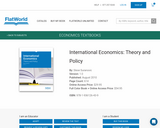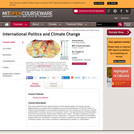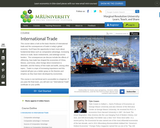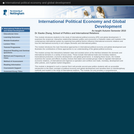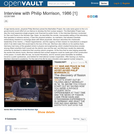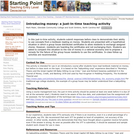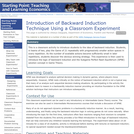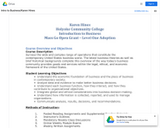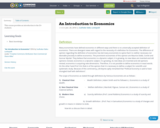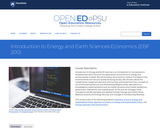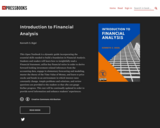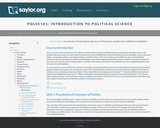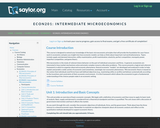
This course is designed to extend the student's knowledge of the basic microeconomic principles that will provide the foundation for their future work in economics and give them insight into how economic models can help us think about important real world phenomena. Topics include supply and demand interaction, utility maximization, profit maximization, elasticity, perfect competition, monopoly power, imperfect competition, and game theory. Upon successful completion of this course, the student will be able to: Explain the standard theory in microeconomics at an intermediate level; Explain and use the basic tools of microeconomic theory, and apply them to help address problems in public policy; Analyze the role of markets in allocating scarce resources; Explain both competitive markets, for which basic models of supply and demand are most appropriate, and markets in which agents act strategically, for which game theory is the more appropriate tool; Synthesize the impact of government intervention in the market; Develop quantitative skills in doing economic cost and consumer analysis using calculus; Compare and contrast arguments concerning business and politics, and make good conjectures regarding the possible solutions; Analyze the economic behavior of individuals and firms, and explore how they respond to changes in the opportunities and constraints that they face and how they interact in markets; Apply basic tools that are used in many fields of economics, including household economics, labor economics, production theory, international economics, natural resource economics, public finance, and capital markets. (Economics 201)
- Subject:
- Economics
- Social Science
- Material Type:
- Assessment
- Full Course
- Homework/Assignment
- Lecture
- Reading
- Syllabus
- Textbook
- Provider:
- The Saylor Foundation
- Date Added:
- 11/18/2011
